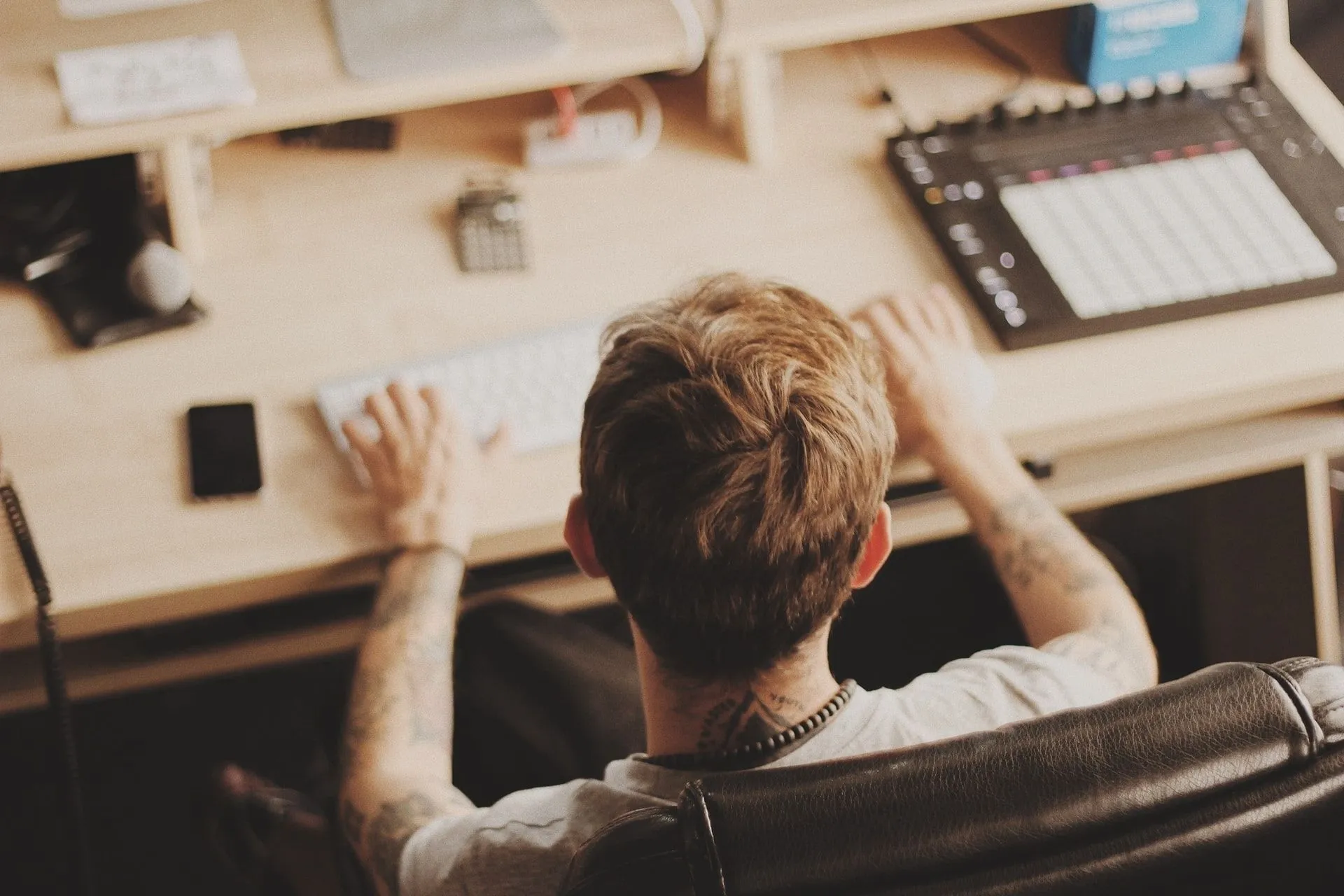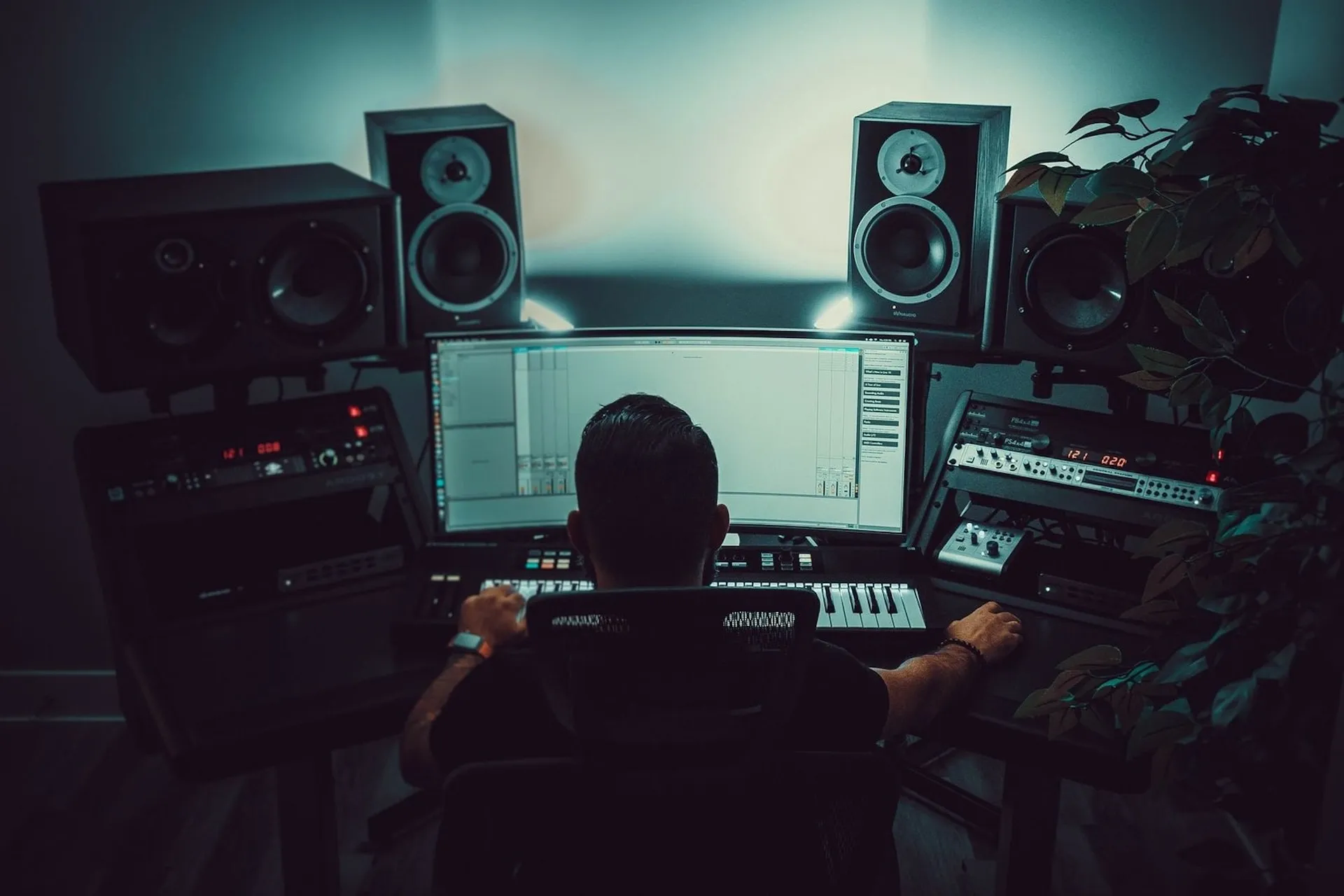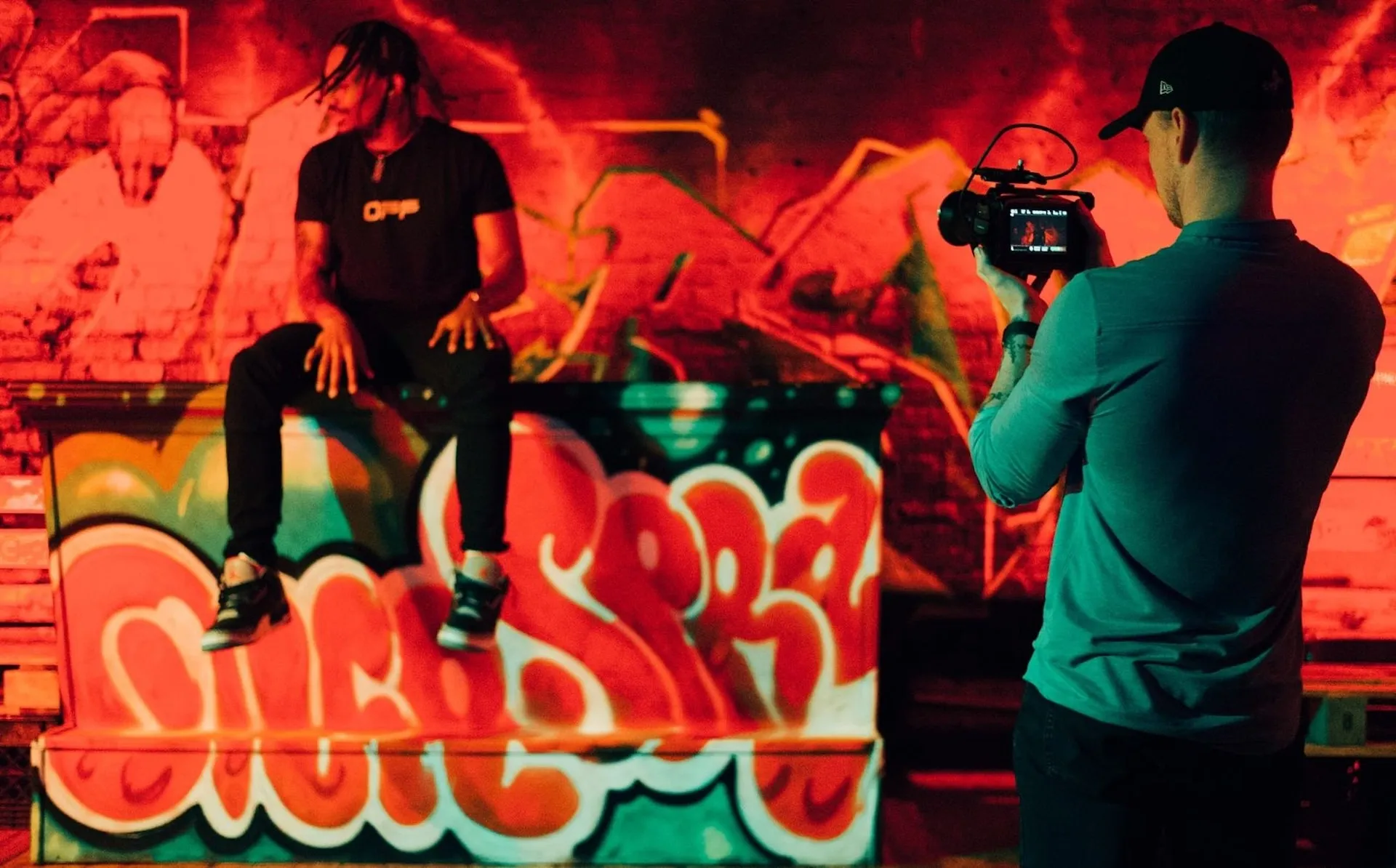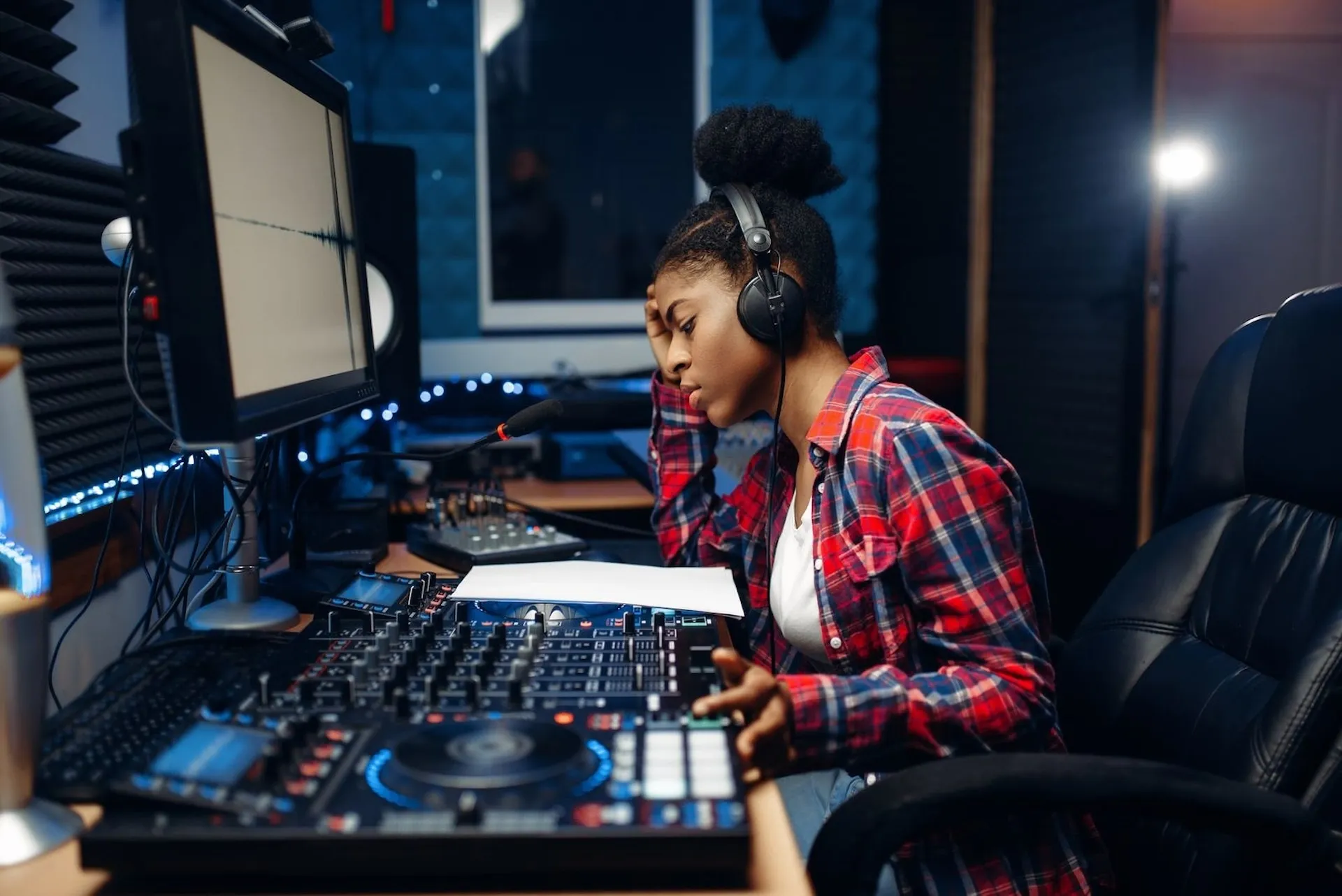How to license music in 2024
Licensing music is essential for creators to avoid legal issues and respect artists' intellectual property. Let's dig into the different types of music licenses and answer some common questions about using music in content.

Licensing music is essential for creators and businesses who want to monetize their content. It’s also the key to respecting artists' intellectual property.
Check out our video with Epidemic Sound ambassador Lila below, then let's dig into the different types of music licenses, learn why they’re so important, and answer some questions about using music in content.
We'll cover:
- Types of music licenses
- How to license music for YouTube
- Can I use 10 seconds of a copyrighted track?
- How much does it cost to license a track?
- Can you use copyrighted music if you give credit?
Types of music licenses
Traditionally, companies that deal with large-scale productions like TV shows and movies would approach record labels for a license. That’s because the labels would usually own all, or at least parts, of the rights to the music. If this was approved and the correct rights were licensed, then the track could be used.
Licensing still works like this for some of the industry's big dogs, but can cause problems for smaller creators. A podcast producer, Twitch streamer, or SME probably won't have the same negotiating power or money as a Hollywood production company. It’s complicated and expensive to license famous songs, but there are more straightforward ways to get your hands on the perfect track.
Most types of music licensing lack strict definitions, but this list can help you understand what they mean.

- Royalty-free: Royalty-free music is music that you can use in content without having to pay royalties to artists or rights holders every time it’s played. But royalty-free music companies aren’t always alone in owning the rights to the music in their catalogs, meaning you might still have to deal with other rights holders. If you don't hold the additional rights required, you could lose the right to monetize your content when you publish it on digital platforms.
- Direct license: This means you license all of the rights to the music. Epidemic Sound goes beyond royalty-free music and offers a direct license, because we own all the rights to our catalog.
- Copyright-free: This is not the same as royalty-free music or a direct license, and it doesn't necessarily mean the music doesn’t have copyright protection. However, it does mean the music creator has decided to let their music be used without restrictions. Copyright-free music is very rare to come by. It exists, but most often, it's very simplistic in style and comes in low quantities.
- Stock music: Stock music is usually offered on a royalty-free basis, but what's allowed and what's not varies – there are both paid-for and free stock music catalogs. The problem with the free option is it’s usually pretty limited, and tend to be exclusively licensed to one platform. For example, the stock music in YouTube's Audio Library can only be used on YouTube. If you have a direct license from Epidemic Sound, you can publish your soundtracked content on YouTube, TikTok, Twitch, Instagram, and a whole host of other platforms.
- Creative Commons: This means the music creator has given permission to use their music on conditions of their choice. Those conditions are important. For example, most music released under a Creative Commons license prohibits commercial use – you can’t monetize it.
- Public domain music: This music has no ‘official’ owner and can be used how you wish. You can find a list of songs in the public domain here.
- Copyright protection has ended: For songs published in the United States during or after 1978, copyright protection remains for 70 years following the death of the last surviving author. For music released before that period, copyright protection remains for 95 years after publication. Following this, the track becomes public domain.

How to license music for YouTube
Using music on YouTube can cause problems, given the platform takes copyright infringement very seriously. Breaches of copyright can result in your videos being muted, blocked, or taken down – accidentally doing the wrong thing can cost you.
One of the simplest ways to safely monetize on YouTube is by using Epidemic Sound. You’ll find more than 40,000 high-quality tracks and 90,000 sound effects, all waiting to be used in your next project.
We own the rights to our entire catalog and submit every track to YouTube Content ID. Adding your YouTube channel to your Epidemic Sound plan makes sure your videos are OK'd by Content ID, and you can soundtrack the world in peace. Check out the catalog below.

Can I use 10 seconds of a copyrighted track?
Many people ask whether they can use parts of copyrighted tracks in their videos to avoid copyright infringement. Is it OK? Despite popular belief, it isn’t.
It doesn't matter if the audio clip is two seconds or two minutes. The rights holders still own the track’s intellectual property – using it without compensating them and having the rights to do so is a breach of copyright.
How much does it cost to license a track?
There is no set pricing for tracks and their licenses. The price may vary quite dramatically depending on the popularity of the artist and the track, but the dollars can pile up pretty quickly.
With Epidemic Sound, you don’t have to choose. You’ll have access and peace of mind: the content you publish on safelisted channels will have no problems with copyright, as long as you uploaded it while you had an active subscription.

Can you use copyrighted music if you give credit?
Unfortunately, this is another urban myth. If a rights holder explicitly gives you permission to credit them in lieu of payment, you’re free to do this. It might work with smaller, upcoming artists, but otherwise, you’ll have to pay.
Why settle, though? At Epidemic Sound, we pay our artists fairly to ensure they’re compensated for their work – all royalties we collect from music streaming platforms are split 50/50 with our artists.
Music licensing is complicated. We can help. Our catalog is more than royalty-free. It's worry-free. Get started with Epidemic Sound below.

Related posts:

